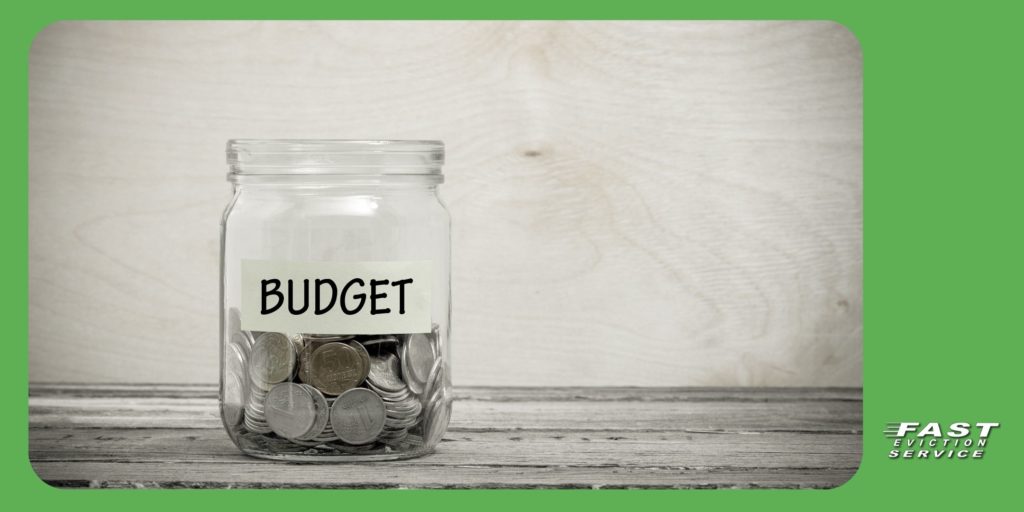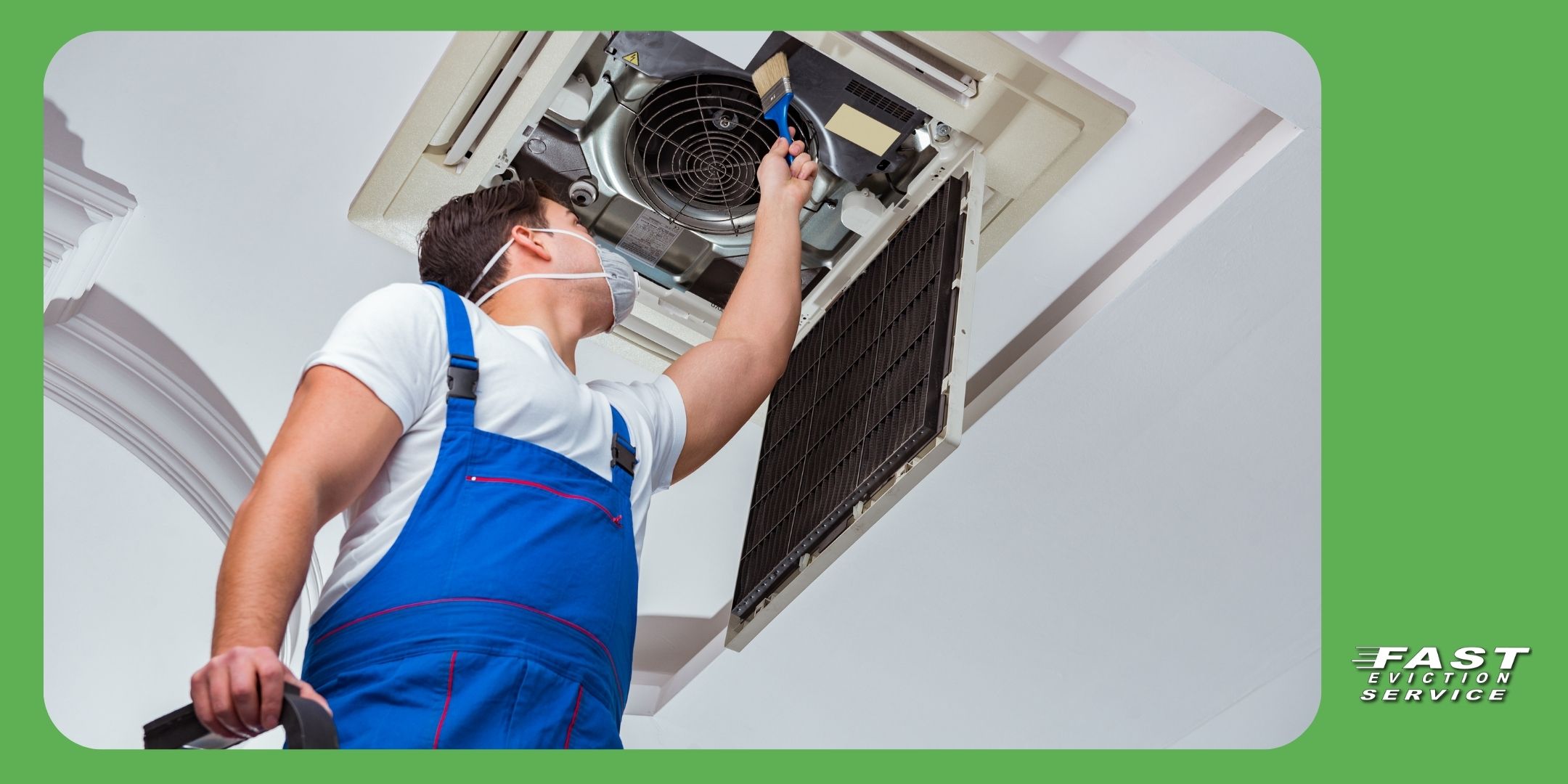Updated 11/11/24
Successfully managing a multifamily property requires more than just collecting rent—it’s about smart financial planning to ensure profitability while maintaining the property’s condition and attracting good tenants. Multifamily budgeting is a crucial part of that equation. As a property manager, you must have a clear budget that accounts for all expenses, while also leaving room for improvements and emergencies. With the right strategy, you can optimize your spending and maximize returns. In this article, we’ll cover key budgeting tips to help property managers effectively manage multifamily rental properties.

Table of Contents
- Understanding the Basics of Multifamily Budgeting
- Estimating and Categorizing Expenses
- Plan for Repairs, Maintenance, and Capital Improvements
- Managing Cash Flow Effectively
- Frequently Asked Questions (FAQs)
Understanding the Basics of Multifamily Budgeting
Creating a solid budget for a multifamily property requires understanding both short-term and long-term financial goals. Multifamily budgeting involves predicting income and expenses while factoring in unexpected costs. A well-crafted budget ensures that there’s enough money to cover regular expenses like utilities and property management fees, while also setting aside funds for maintenance, repairs, and future upgrades.
The first step in any multifamily budget is to estimate expected rental income. This involves looking at the number of units, the current rent for each unit, and the occupancy rate. From there, you can calculate expected monthly income. Understanding how to account for vacancies is crucial—keeping an eye on vacancy rates and seasonal trends will help you plan for periods when rental income may be lower.
Once you have a good sense of expected income, you can move on to determining expenses and establishing a reserve fund for unexpected costs. A successful multifamily budget requires constant adjustments and monitoring to ensure the property remains financially viable.
Estimating and Categorizing Expenses
A critical element of multifamily budgeting is accurately estimating and categorizing your expenses. This goes beyond the obvious costs, like mortgage payments, and includes numerous ongoing expenses that need to be accounted for throughout the year. Common categories of expenses for multifamily properties include:
- Operating Expenses: These include utility costs, property management fees, insurance, and regular cleaning and landscaping costs. Operating expenses are usually predictable and should be closely monitored to avoid unnecessary increases.
- Repairs and Maintenance: Setting aside funds for regular repairs and maintenance is essential. Tenants expect their living spaces to be well-maintained, and any unforeseen issues (such as HVAC failures, plumbing issues, or leaks) can quickly escalate into costly repairs.
- Capital Improvements: While not as frequent as routine maintenance, capital improvements (such as remodeling kitchens or upgrading common areas) can significantly affect the property’s value and tenant satisfaction. These should be factored into your long-term budgeting strategy.
- Contingency Fund: Setting aside a portion of your budget for unexpected expenses is vital to ensure you can handle issues without disrupting the overall cash flow. Typically, property managers allocate 5-10% of their budget to this fund.
By categorizing expenses carefully, you can make more accurate predictions, identify areas to reduce costs, and ensure that the property is financially sustainable over time.
Plan for Repairs, Maintenance, and Capital Improvements
Repairs and maintenance are unavoidable, and without proper planning, they can eat into your profits. A key aspect of multifamily budgeting is forecasting these costs. Start by reviewing the age and condition of major systems in the property—HVAC units, plumbing, electrical systems, and roofing—and consider when replacements or repairs are likely to be needed. Older buildings, in particular, may require more attention, so be sure to allocate funds for ongoing maintenance and potential upgrades.
Property managers should also plan for capital improvements, which can enhance the appeal of your multifamily property and increase its rental value. These improvements could include anything from new flooring in common areas to updating appliances in individual units. While these investments may seem costly upfront, they can provide long-term value in the form of higher rent and reduced tenant turnover. It’s crucial to differentiate between necessary repairs and optional improvements when budgeting to ensure that you’re prioritizing expenses that will directly impact the property’s profitability.
When planning for these expenses, it’s important to strike a balance between keeping costs in check and ensuring the property remains attractive to tenants. A property with modern amenities, updated features, and a well-maintained environment will likely attract quality tenants and reduce vacancies.
Managing Cash Flow Effectively
Cash flow management is another critical aspect of multifamily budgeting. Even if you’re making a profit on paper, poor cash flow management can lead to issues when it comes time to pay bills or handle unexpected expenses. One strategy for managing cash flow is to track income and expenses on a monthly basis. This will help you identify any discrepancies or patterns that can be adjusted for.
Another key tip for managing cash flow effectively is to have a solid rent collection system. Ensure that tenants pay on time and consider offering incentives for early payment, which can boost cash flow. Conversely, implement penalties for late payments to encourage punctuality.
Having sufficient reserves is also important when it comes to cash flow. As unexpected costs arise—whether from an emergency repair or an unanticipated vacancy—having cash on hand ensures that you can cover these expenses without scrambling for funds.
By keeping a tight grip on cash flow, you can avoid disruptions in your operations, plan for future improvements, and keep the property profitable.
Frequently Asked Questions (FAQs)
1. How often should I review my multifamily budget?
You should review your multifamily budget at least quarterly to ensure that you’re staying on track with income and expenses. Regular reviews will also help you identify any areas where you can cut costs or reallocate funds.
2. Can I raise rents to cover increased expenses?
Yes, raising rents can help cover rising costs, but it’s important to be mindful of local rental laws and the current market conditions. Gradually raising rents and ensuring that tenants receive proper notice is essential for maintaining a good landlord-tenant relationship.
3. What should I do if my property isn’t generating enough income to cover expenses?
If your property isn’t generating enough income to cover expenses, it’s crucial to assess both your income and spending. You may need to increase rent, reduce operating expenses, or invest in improvements that increase the property’s value. Consulting a property manager or financial advisor can also provide additional insight into ways to improve profitability.
Mastering multifamily budgeting is key to ensuring the long-term success of your property management business. By understanding your income, estimating expenses accurately, planning for repairs and improvements, and managing cash flow effectively, you can optimize your property’s profitability and reduce financial stress. With the right planning and foresight, your multifamily property can be a reliable, revenue-generating asset for years to come.



